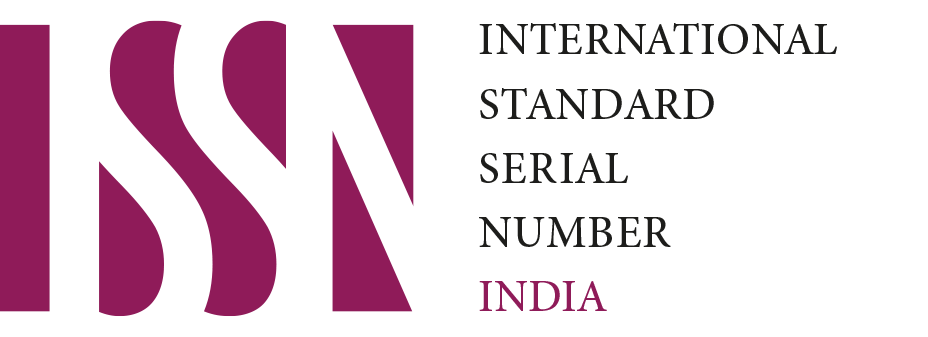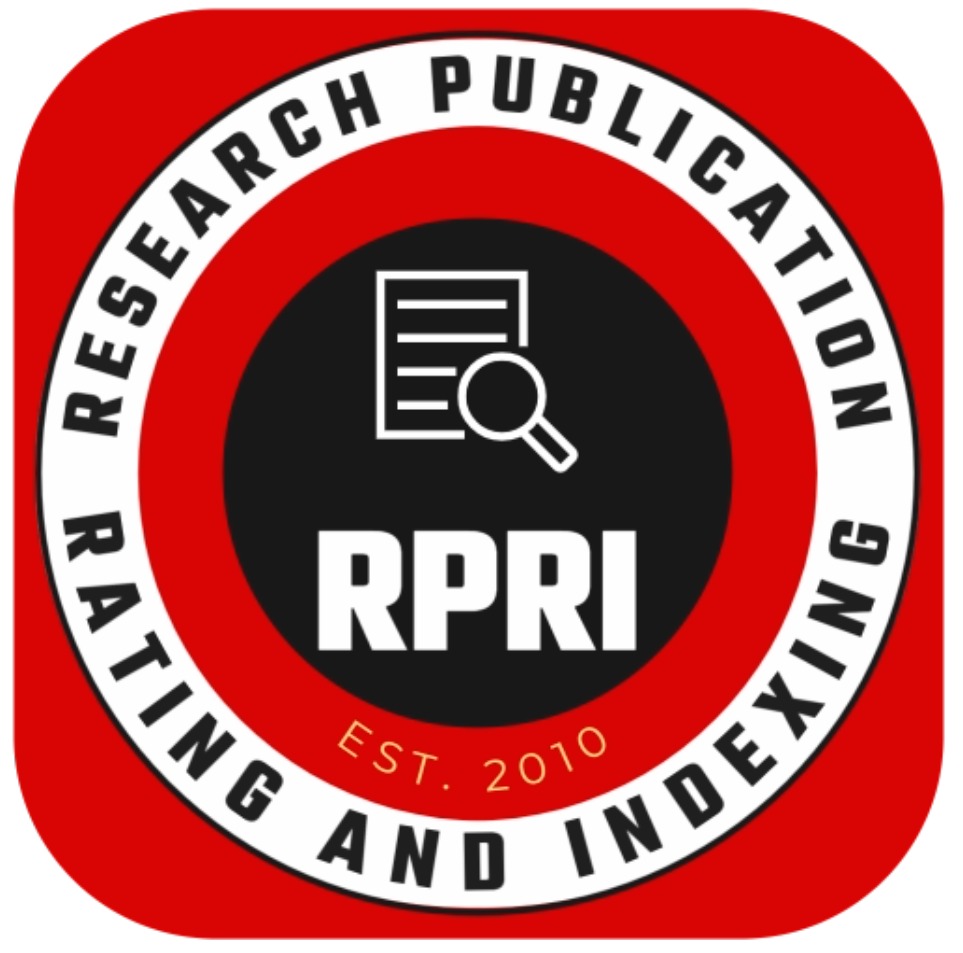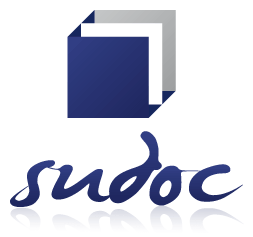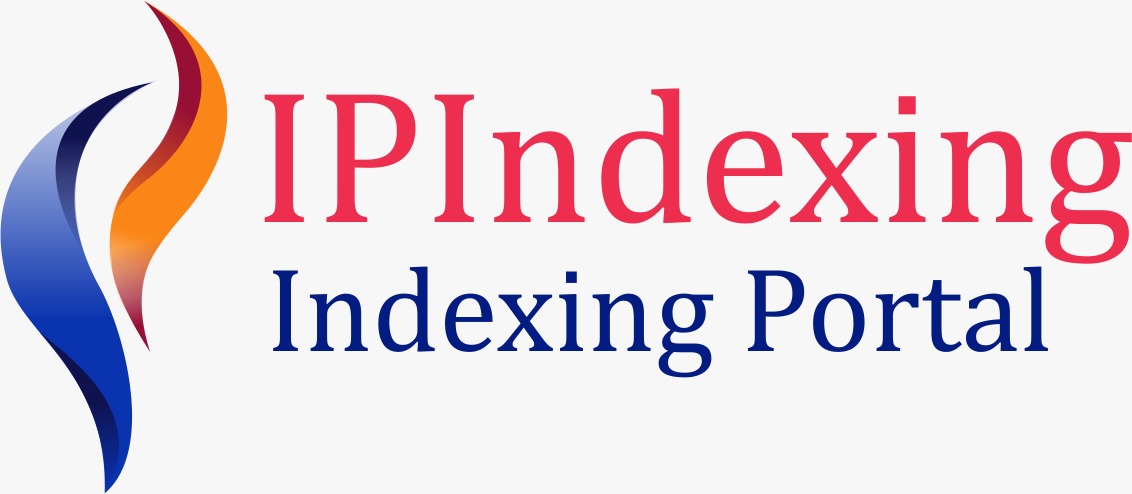The Indian Journal of Physiotherapy and Rehabilitation Science (IJPTRS)
The Indian Journal of Physiotherapy and Rehabilitation Science (IJPTRS) is a peer-reviewed publication dedicated to advancing the field of physiotherapy and rehabilitation science. We publish quarterly issues containing articles that cover a wide range of topics, including health, wellness, fitness, and physical and functional rehabilitation. Our aim is to provide a platform for researchers, academicians, industrial developers, and health industry experts to share their findings and insights on current concepts in the field.
We accept original papers, current concepts, reviews, and other articles that are relevant to physiotherapy, with the goal of facilitating research and development in the field of Physiotherapy and Rehabilitation Science. Our journal also provides an opportunity for researchers to express and share their individual research with scientific evidence.
Our peer review process ensures that all articles published in IJPTRS meet high standards of quality and integrity. We strive to provide a platform for researchers to contribute to the advancement of the field and encourage the exchange of ideas and information to improve the practice of physiotherapy and rehabilitation science.
| Title | Indian Journal of Physiotherapy and Rehabilitation Science (IJPTRS) |
|---|---|
| Frequency | Quarterly |
| ISSN | 2583-4304 |
| Publisher | Association of Health and Wellness Providers (AHWP) |
| Editor in Chief | Neeta Vyas PT, PhD |
| Starting year | 2022 |
| Subject | Physiotherapy and Rehabilitation Science |
| Language | English |
| Publication Format | Online |
| Phone no. | +91 7069228736 |
| Email Id | e.ijptrs@gmail.com |
| Website | https://ijptrs.com |
| Name and address of Publisher | Association of Health and Wellness Providers (AHWP), 205, Navkar Complex, Dhebar Road (One-way) Near Canara Bank, Para Bazar Chowk, Rajkot-360001, Gujarat, India. |
Ownership and Publication House Detail
The Indian Journal of Physiotherapy and Rehabilitation Science (IJPTRS) is managed by a peer team, the Association of Health and Wellness Providers (AHWP). Our organization is dedicated to promoting the growth and development of the field of physiotherapy and rehabilitation science.
We work tirelessly to ensure that the journal provides a platform for researchers, academicians, industrial developers, and health industry experts to share their findings and insights on current concepts in the field.
At AHWP, we are committed to maintaining the highest standards of quality and integrity in all our publications. Our peer review process is designed to ensure that all articles published in IJPTRS meet these standards.
We are proud to be associated with IJPTRS and look forward to continuing to promote the advancement of physiotherapy and rehabilitation science through our work.
Publication Ethics and Malpractice Statement
Indian Journal of Physiotherapy and Rehabilitation Science (IJPTRS)
Ethical Guidelines for Authors:
- Authorship Integrity: Authors are expected to uphold the integrity of authorship by ensuring that they, along with their co-authors, have made substantial and meaningful contributions to the research. All co-authors must endorse the final manuscript, and any disputes regarding authorship should be promptly addressed.
- Originality and Attribution: Authors are required to submit only original work, ensuring that their manuscript does not contain redundant or plagiarized content. Proper attribution to existing literature and appropriate citation practices are essential, and instances of plagiarism will not be tolerated.
- Data Transparency: Authors should embrace transparency in their research by providing access to the underlying data supporting their findings. Furthermore, authors must retain this data for a reasonable duration post-publication, allowing for potential verification and further research.
Ethical Guidelines for Reviewers:
- Confidentiality Assurance: Reviewers play a crucial role in maintaining the confidentiality of the peer review process. Any information obtained during the review should remain confidential, and reviewers should not discuss the manuscript with any unauthorized individuals.
- Objective Evaluation: Reviewers are expected to provide objective and constructive feedback on the manuscript. Comments should be focused on improving the quality of the research, and personal criticism of the authors is considered inappropriate.
- Conflict of Interest Declaration: Reviewers must disclose any potential conflicts of interest that could compromise the impartiality of their review. In instances where conflicts exist, reviewers should recuse themselves from the review process.
Ethical Guidelines for Editors:
- Impartial Review: Editors are committed to ensuring a fair and unbiased evaluation process. Manuscripts are assessed based on their academic merit, originality, clarity, and relevance to the journal's scope, irrespective of the authors' personal characteristics.
- Transparency and Disclosure: Editors and editorial staff are required to maintain transparency by declaring any potential conflicts of interest. If conflicts exist, editors should abstain from making editorial decisions related to the manuscript in question.
Merit-Based Decisions: Editorial decisions are grounded in the significance and originality of the manuscript, as well as its alignment with the journal's focus. Decisions are never influenced by any personal or external factors.
Malpractice Statement:
The IJPTRS maintains a stringent stance against research and publication misconduct. In cases where ethical violations are substantiated, corrective actions will be implemented. These may include corrections, retractions, and communication with relevant institutions and authorities.
Clinical Rigor Note: Authors, reviewers, and editors are strongly encouraged to adhere to established guidelines, such as those outlined by the Committee on Publication Ethics (COPE). This commitment ensures the highest standards of clinical research integrity within the physiotherapy and rehabilitation science community.
This statement undergoes regular review and refinement to align with the evolving landscape of ethical standards in academic publishing.
INDEXING








